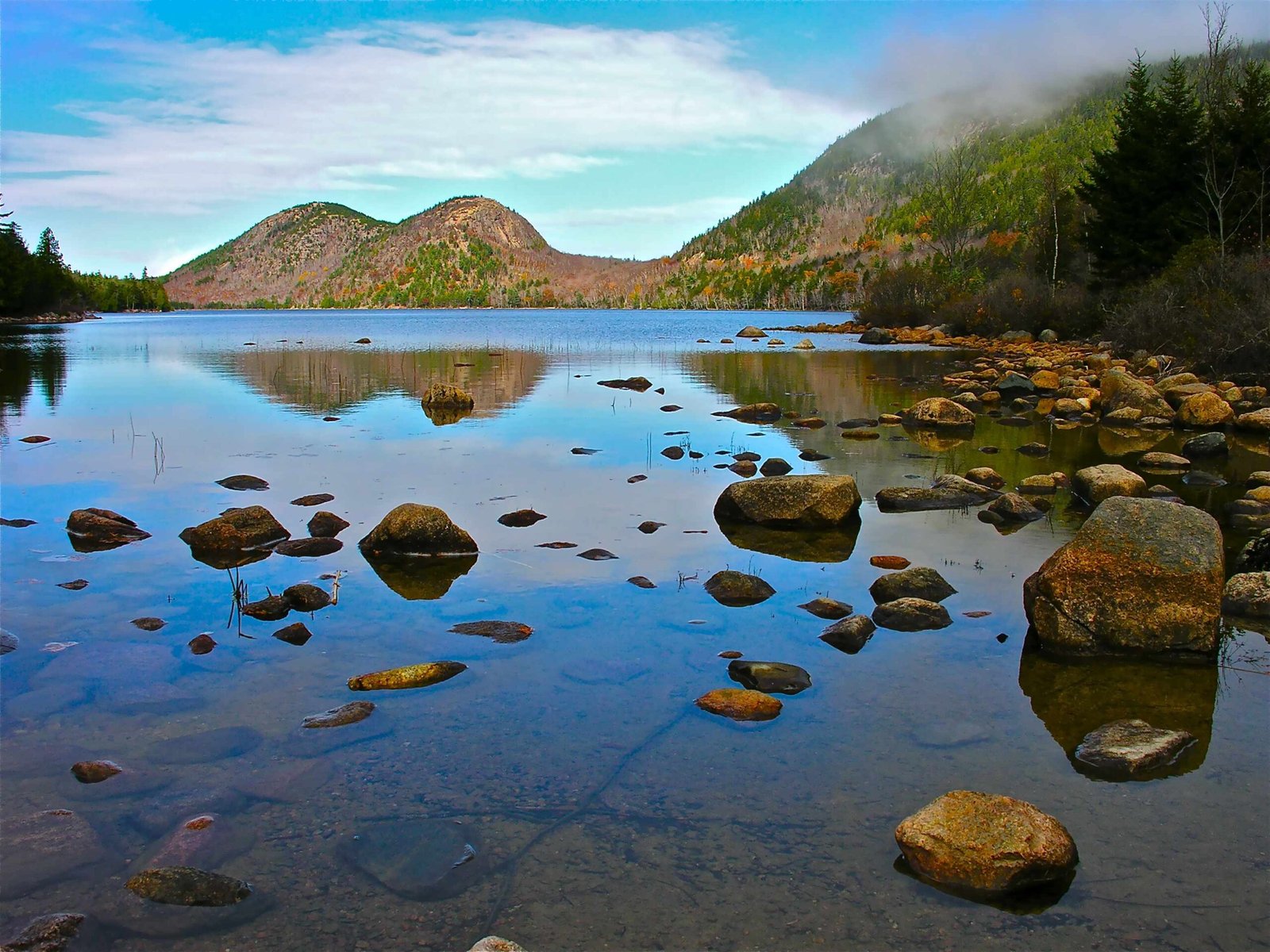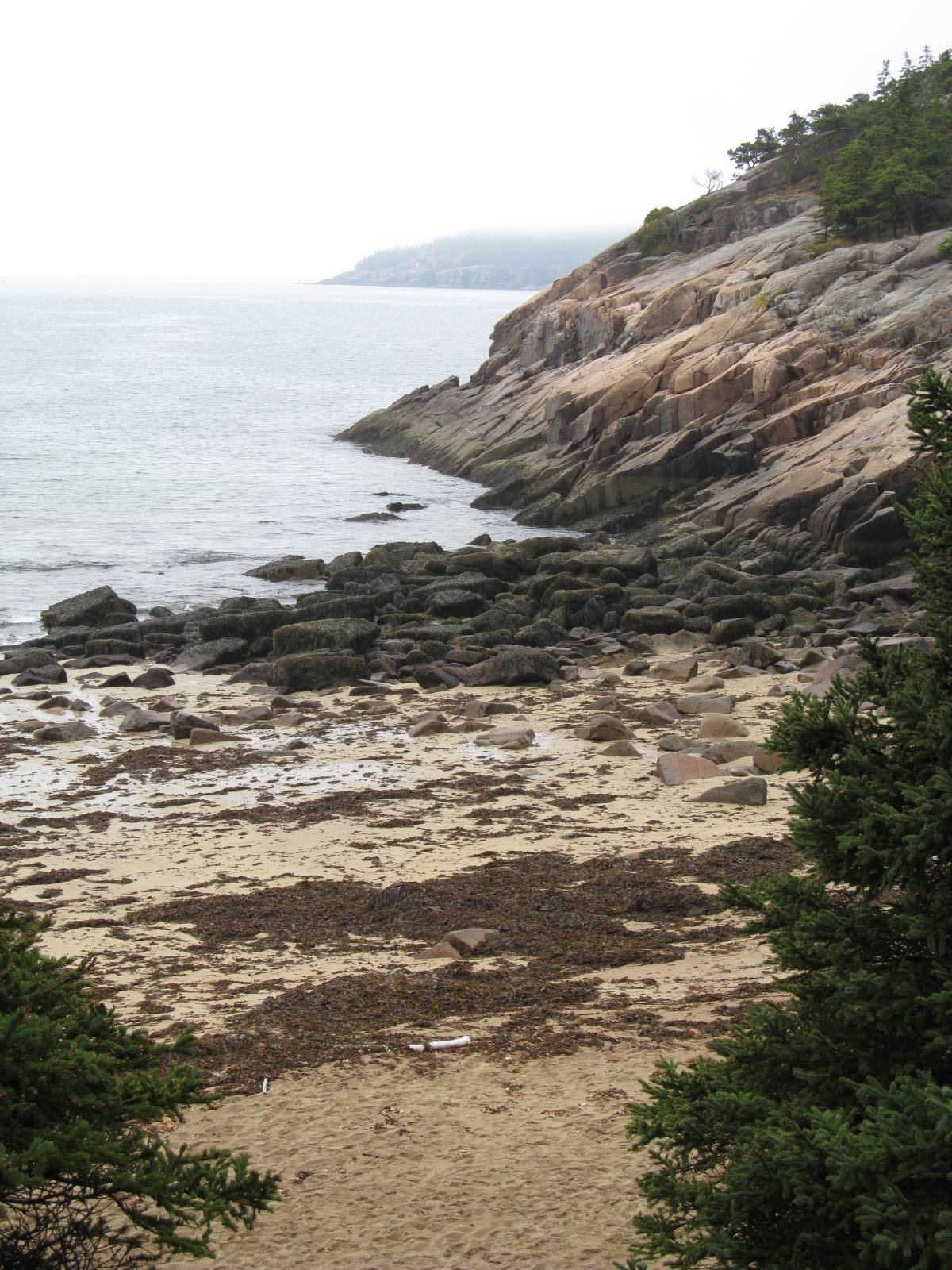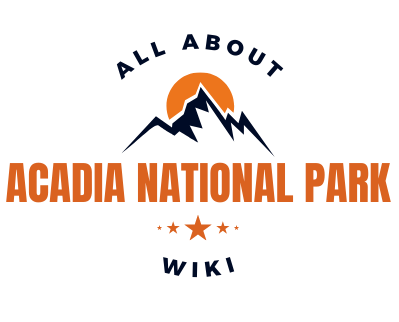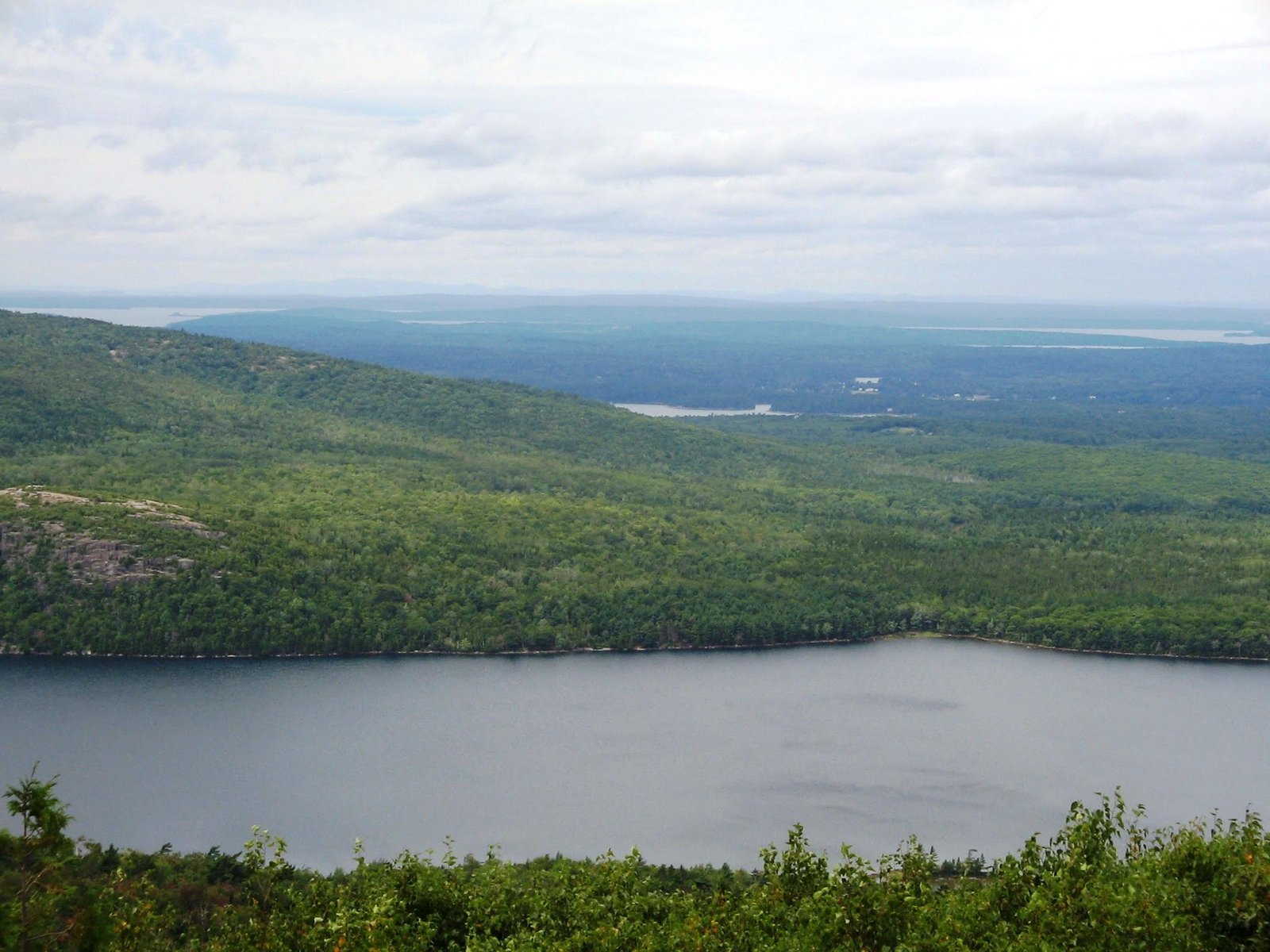Acadia National Park’s conservation efforts encompass a wide range of initiatives aimed at preserving its unique ecosystems, managing invasive species, and promoting sustainable tourism. These efforts include habitat restoration projects, invasive species management strategies, and community engagement programs. The park collaborates with local organizations, indigenous communities, and volunteers to implement science-based conservation approaches and educate visitors about the importance of preserving this natural treasure.
What are the Key Conservation Initiatives in Acadia National Park?

Habitat Restoration Projects
Acadia National Park is actively engaged in several habitat restoration projects:
-
Coastal Archaeological Site Protection: The park is utilizing $950,000 in funding from the Inflation Reduction Act to restore and protect coastal archaeological sites, collections, landscapes, and ethnographic resources.
-
Great Meadow Wetland Restoration: Ongoing efforts supported by the Bipartisan Infrastructure Law focus on climate-smart restoration to maintain the health of this crucial ecosystem.
-
Bass Harbor Marsh Restoration: This project aims to restore the natural hydrology and vegetation of the marsh, enhancing its resilience to climate change.
Invasive Species Management
The park implements comprehensive strategies to manage invasive species:
- Targeted removal of non-native plants
- Restoration of disturbed habitats
- Collaboration with researchers and volunteers for monitoring and control efforts
Measurable Conservation Outcomes
Acadia National Park’s conservation efforts have yielded significant results:
| Outcome | Description |
|---|---|
| Protected Land | Over 12,000 acres across 184 properties in 18 towns |
| Freshwater Monitoring | Long-term programs assessing the health of freshwater ecosystems |
| Coastal Resource Protection | Integration of Indigenous Knowledge with western science for climate change adaptation |
How Does Acadia National Park Promote Sustainable Tourism?

Visitor Impact Reduction
- Promotion of ‘Leave No Trace’ principles
- Guidelines for minimizing environmental footprint
- Educational programs on conservation awareness
Eco-Friendly Business Practices
Acadia National Park collaborates with local businesses and organizations to promote sustainable practices:
- Partnerships with Friends of Acadia and Schoodic Institute
- Support for science-based management approaches
- Integration of indigenous science into conservation efforts
Community Engagement Programs
The park actively engages the community through:
- Public programs for Wabanaki communities and the general public
- Co-creation of educational initiatives with Wabanaki Tribes
- Citizen science programs for monitoring vulnerable sites and landscapes
What Role Does Community Play in Acadia’s Conservation Efforts?
Volunteer Involvement
While specific numbers are not provided, the park involves numerous volunteers and partner organizations in conservation activities:
- Federally recognized Tribes
- University of Maine
- Fluent Wabanaki language speakers
- Schoodic Institute
Community Events and Education
Acadia National Park participates in and hosts various community events focused on conservation:
- Educational programs at the Schoodic Institute
- Research opportunities for community members
- Conservation awareness workshops and seminars
Local Partnerships
The park has established strong partnerships with local organizations:
- Friends of Acadia
- Schoodic Institute
- Wabanaki Tribes
These partnerships are crucial for:
– Managing invasive species
– Restoring habitats
– Promoting conservation awareness
What Amenities are Available for Visitors Participating in Conservation Activities?
Accessibility and Parking
While specific details on accessibility features for conservation activities are not provided, the park offers various parking locations and trails accessible to visitors.
Guided Tours and Educational Programs
- Schoodic Institute offers research and educational opportunities within the park
- Guided tours focusing on conservation and ecology
- Citizen science programs for hands-on participation
Participation Requirements
While some programs may be free, others might have specific requirements:
- Registration for certain activities
- Possible fees for guided tours or specialized programs
- Equipment or preparation needs for conservation activities
Acadia National Park’s conservation efforts demonstrate a comprehensive approach to preserving its unique ecosystems while engaging visitors and the local community. Through habitat restoration, invasive species management, sustainable tourism initiatives, and community partnerships, the park continues to protect its natural and cultural heritage for future generations.

